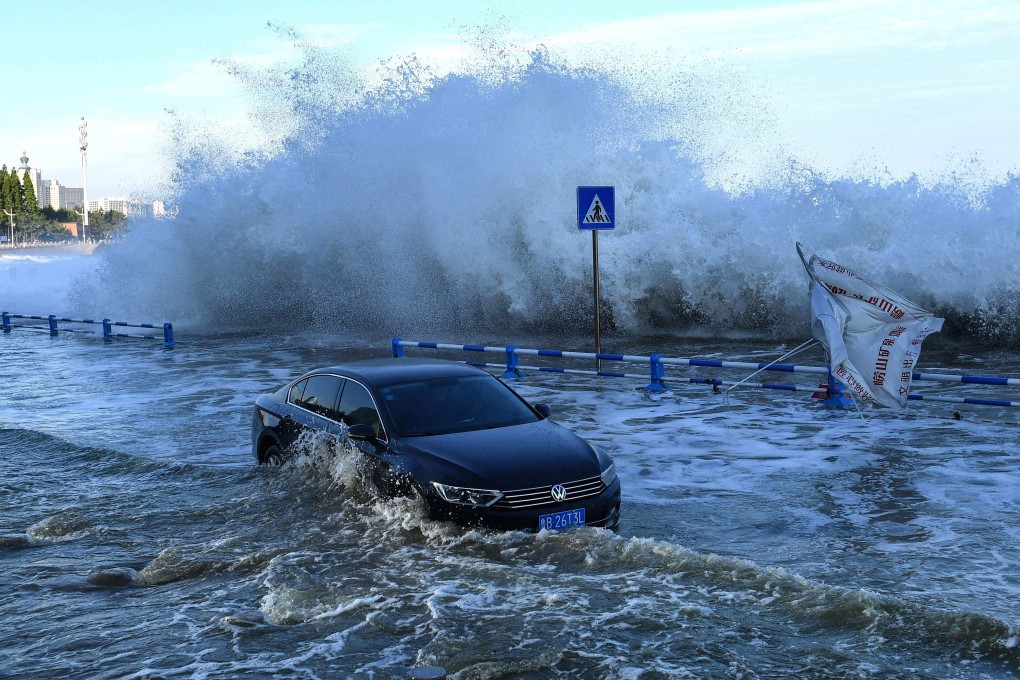Yale professor calls for more research on carbon capture, cutting solar radiation to reduce impact of climate change
- Extreme weather events caused by global warming are not expected to fall after net zero emission is achieved, according to Yale professor Wake Smith
- Global average temperature has already risen 1.1 degrees from pre-industrial levels, and world leaders have pledged to contain it below 2 degrees by 2100 to avert disastrous consequences

Sea levels are expected to continue rising for centuries, since polar ice sheets will keep melting due to warmer seas caused by excessive carbon emissions from the past century, said Smith, who is also a senior fellow at Harvard Kennedy School.
“The general belief seems to be that once we stop emitting, the problem is solved and the climate is saved,” he said in his new book Pandora’s Toolbox. “They are therefore both surprised and horrified to learn that for centuries thereafter, the seas will keep rising, the heatwaves will keep coming and the ecosystems will keep dying.”
Depending on the magnitude and duration of global warming overshooting the 1.5 degrees Celsius target, some impact on ecosystems will be “irreversible” even if global warming is reduced, the United Nation’s Intergovernmental Panel on Climate Change said in a report in February.